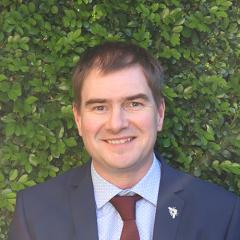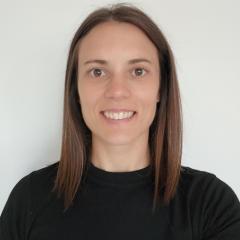This project, INQUIRE, aims to protect citizen health by providing knowledge, tools, and measures to substantially improve indoor air quality (IAQ). We will conduct research and evaluate innovative actions to reduce hazardous chemical and biological determinants in homes to positively impact the health of residents. INQUIRE will focus particularly on infants and young children under 5 years old, as they are highly sensitive people groups that spend a substantial time in the home environment.
Furthermore, INQUIRE will comprehensively advance our understanding and characterisation of the determinants of IAQ in homes, and their importance to human exposure by implementing innovative, low-cost, non-invasive sampling strategies including sensors, indoor/outdoor passive sampling, and urine biomonitoring. To capture the breadth of IAQ determinants across Europe, the study will monitor over 200 homes distributed across 8 countries for one month, covering a range of conditions in each country. Tiered high-resolution chemical and biological screening techniques, combined with a wide-scope, holistic characterization of hazards will provide a comprehensive assessment of the determinants of IAQ.
Similarly, multifaceted data analysis techniques including machine learning, exposure modelling, and geospatial analysis, will link chemical, biological, and toxicity profiles with drivers of IAQ to identify sources and prioritise pollutants. Source identification will feed directly into the testing of both novel technologies and readily deployable strategies to improve IAQ, resulting in evidence-based recommendations for improving public health and policy strategies for developing IAQ standards. INQUIREs Open Science approach and generated FAIR data on hazardous determinants, their effects, risk factors, and sources will endorse the continuous exploitation of results. Open dissemination of generated knowledge will raise citizen awareness, while exploitation by industry and policymakers will enable a transition towards homes with zero pollution.





